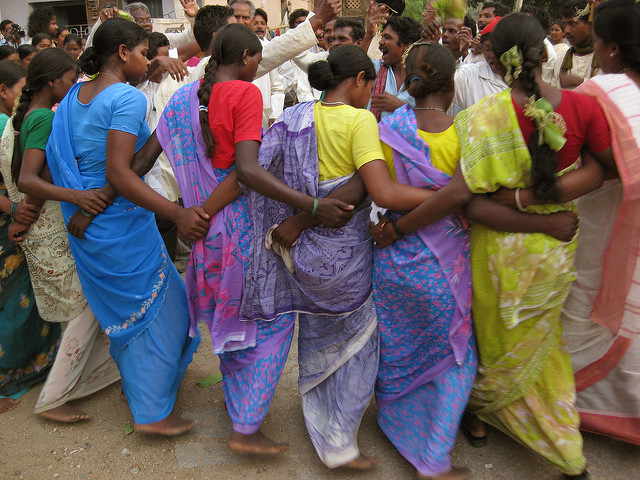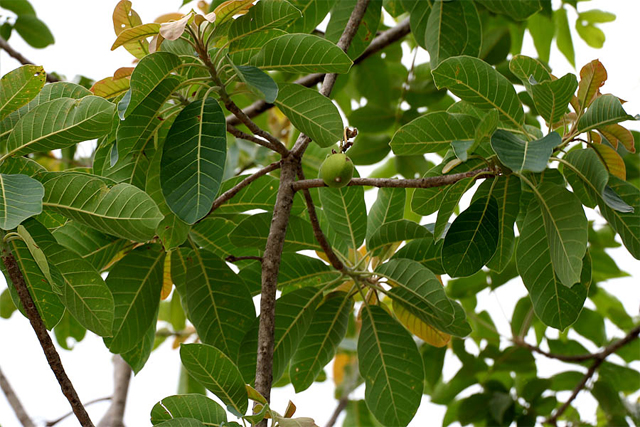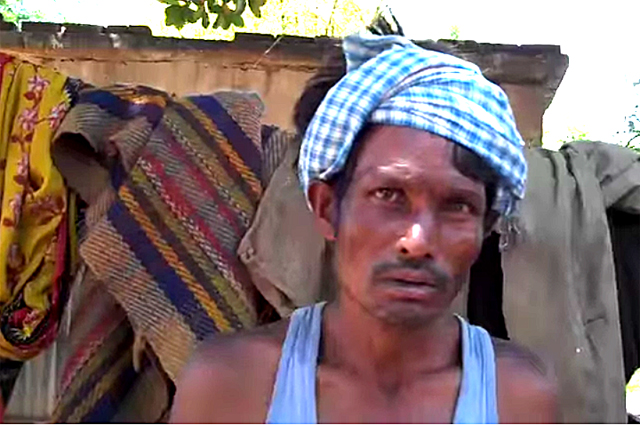The Times of India last Tuesday published a story about some Birhor people that was straight out of Victor Hugo’s Les Misérables, arguably one of the greatest novels of western literature. Like Jean Valjean, the major character in the novel, five Birhor men are facing lengthy prison sentences for the crime of petty theft. Valjean stole some loaves of bread; the Birhor men stole some cloth and a few other items. The crime of all of them was dealing with their poverty.

Some Birhor—one of the prominent Adivasi peoples of northern India—who worked at a brick kiln in the Palamu District of India’s Jharkhand state, broke into several homes in October and November. They stole a mobile phone battery, four mobile phones, an emergency light, a rechargeable flashlight, and nine meters of cloth. Police also charge them with stealing some cash, though they did not have enough money to get any clothing made out of the cloth they’d taken.
The newspaper interviewed the Superintendent of Police for the district, Indrajeet Mahatha. He explained that if four or fewer people had been involved in the burglaries, they would have just been charged with robbery. But with five or more people involved, it must be considered by law to have been dacoity—a major crime. When three different homes were raided in just one November night, local people raised an uproar, which included blocking a road, to get the police to do something.
Heeralall Yadav, the Deputy Superintendent of Police, quickly solved the case by tracking the locations of the mobile phones that had been stolen to the Birhor workers at the brick kiln. There, the police found the stolen cloth as well. Superintendent Mahatha said that seven people had been in the Birhor group committing the crimes, but only five were present at the brick kiln when the police arrived to arrest them.

In his article about Birhor living in the same district more than 64 years ago, Bhattacharyya (1953) made a number of interesting points. “The Birhor [of this district] are peace-loving and honest people. As far as the police report goes they are never involved in any crime,” he wrote (p. 10). They rarely fought with one another; in order to avoid getting into disputes with permanent dwellers of the plains, they avoided gathering mahua (Madhuca longifolia), a very popular tree that produces seeds which are still widely used by many for the production of vegetable butter, soap, detergents, and other products.
How much they have changed in the intervening 64 years since Bhattacharyya visited this particular Birhor community can be judged by the ways their needs have changed. In March – April 1953 when he visited them, the author noticed that the Birhor lived a hand-to-mouth existence. They ate what they could find or went without food. They did not save anything to eat the next day, and many would refuse to work at such jobs as repairing roads. Some would rather starve than work for pay, though others did do contract day-laboring on farms. “The Birhor generally hate to do other’s work,” he wrote (p. 9). In essence, they really disliked giving up their forest-based gathering lifestyle.

Now some of them have become so modernized that they are seeking the pleasures of smart phones, though presumably they were unaware that the stolen goods might be traced by GPS systems. Victor Hugo’s story changed from a tale of a man serving an unjust prison sentence into someone, a thousand pages later, who symbolized the figure of Christ. The story of the five Birhor men is less complex. They are just characters in a hostile world that is changing—one that they are having a hard time coping with.